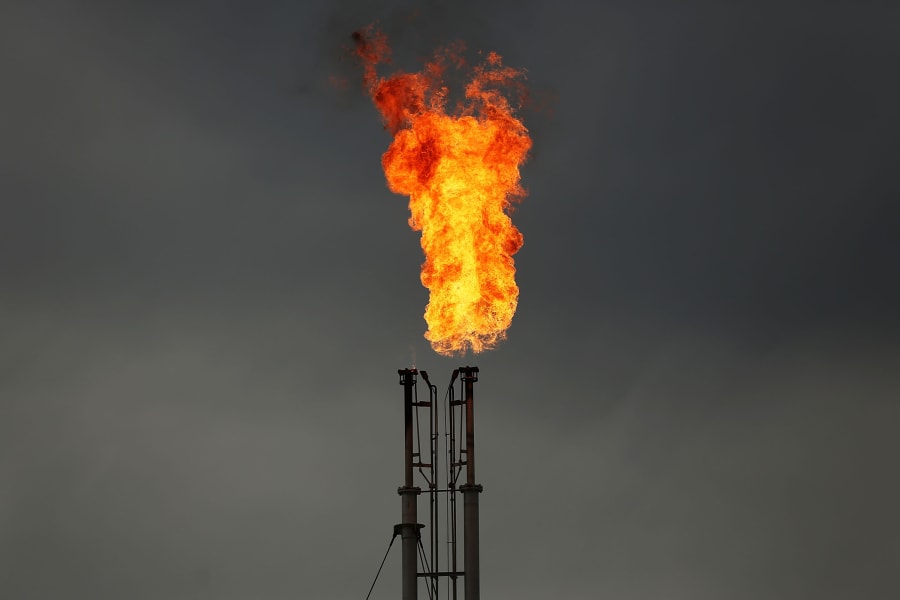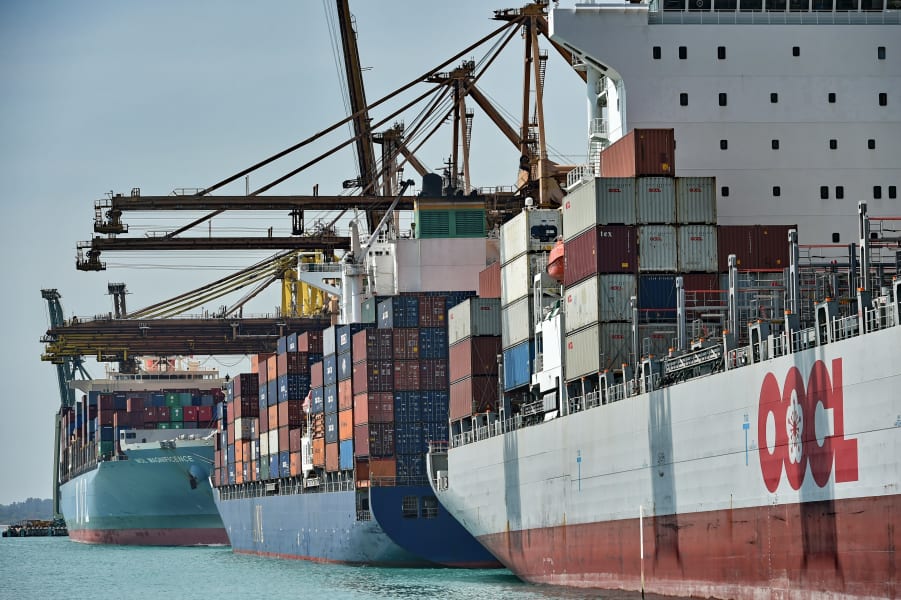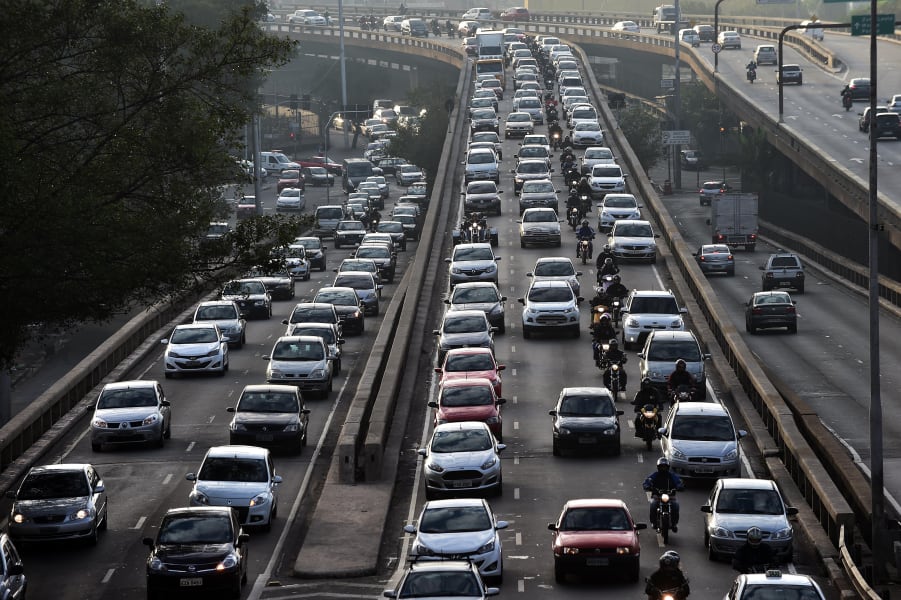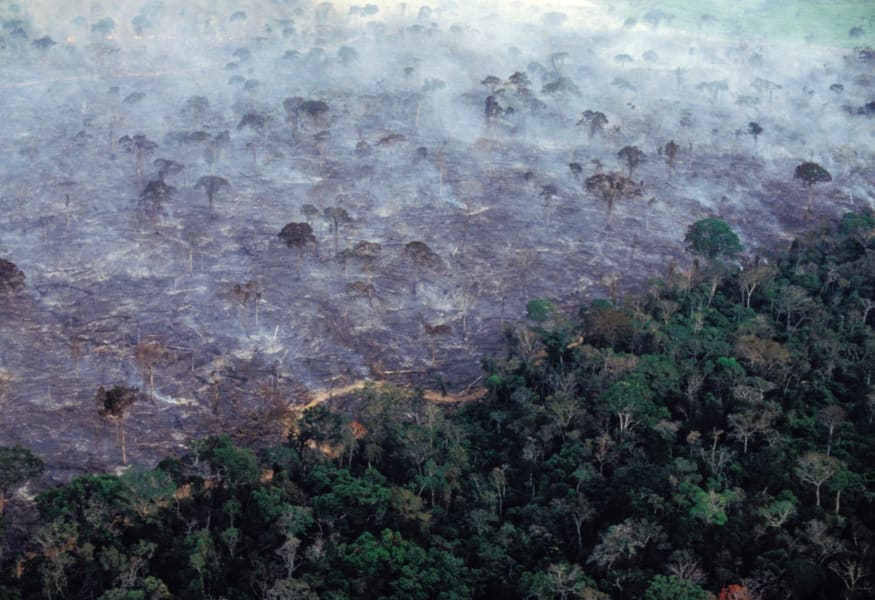Share
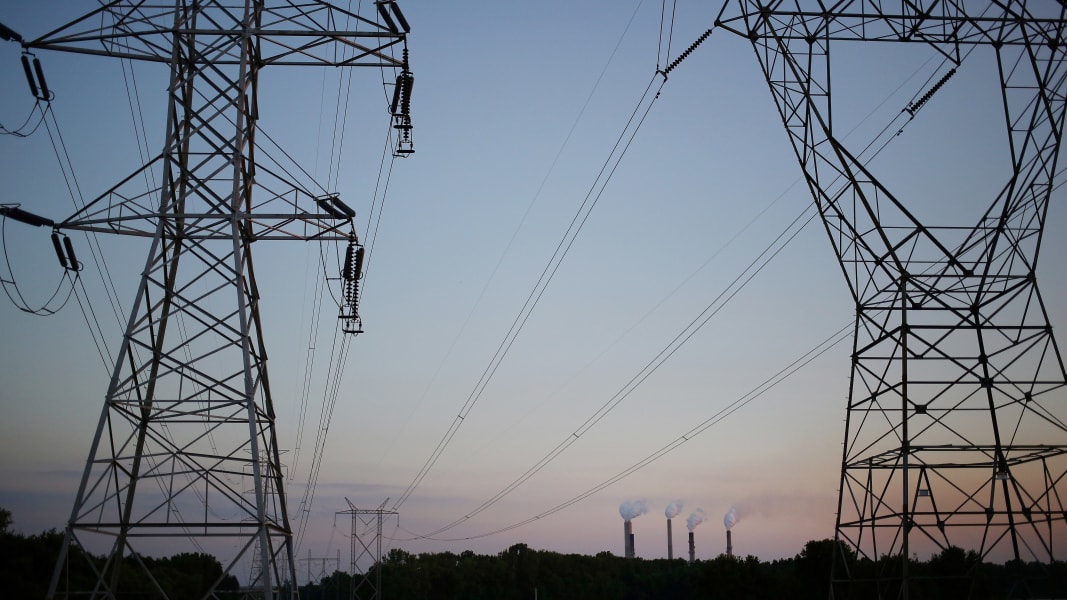

1 of 10
Burning fossil fuels for electricity and heat is, by far, the main driver of climate change. Emissions from those sectors account for nearly a third of global greenhouse gas emissions, according to the World Resources Institute. These activities are the biggest climate villains, statistically speaking. Luke Sharrett/Bloomberg/Getty Images
Transportation -- driving, flying and the like -- makes up nearly 15% of global climate-change pollution, according to 2012 data synthesized by WRI. It's the second-most important cause of dangerous global warming. NELSON ALMEIDA/AFP/Getty Images
Manufacturing and construction are less often discussed than transit, but they contribute nearly as much to climate change: 13.3% of emissions, WRI says. These activities are the third-biggest contributors of heat-trapping emissions. MOHD RASFAN/AFP/Getty Images
Likewise, our food systems are villains in the fight against climate change. Advocates say giving up meat, especially beef, would help curb greenhouse gases. Agriculture makes up 11.1% of global emissions, according to WRI. Daniel Acker/Bloomberg/Getty Images
Burning other types of fuel, including wood, accounts for 8.2% of emissions. Also included in this category are fuels burned in commercial and residential buildings, as well as burning fuel for agriculture and deep-sea fishing. JOSE CABEZAS/AFP/Getty Images
Industry adds 5.8% of global carbon and greenhouse gas emissions, according to WRI. Cement and aluminum production, shown here, are among the major contributors. Tomohiro Ohsumi/Bloomberg/Getty Images
Forests trap carbon, so chopping down rainforests contributes considerably to the climate change problem. Estimates vary, but WRI says deforestation accounts for 5.7% of emissions linked to climate change. Other estimates put the number closer to 20%. Ricardo Funari/Brazil Photos/LightRocket/Getty Images
Gas flares, and other emissions associated with energy production, create 5.3% of greenhouse gas emissions. Spencer Platt/Getty Images
Landfills produce methane, which is a potent greenhouse gas. Our waste systems create 3.1% of global warming pollution, according to WRI. CHANDAN KHANNA/AFP/Getty Images
Some emissions can't be tied to a particular country. These "bunker fuels," in industry-speak, include ships in international waters as well as international flights, according to the World Resources Institute. They account for 2.2% of climate change emissions. ROSLAN RAHMAN/AFP/Getty Images
